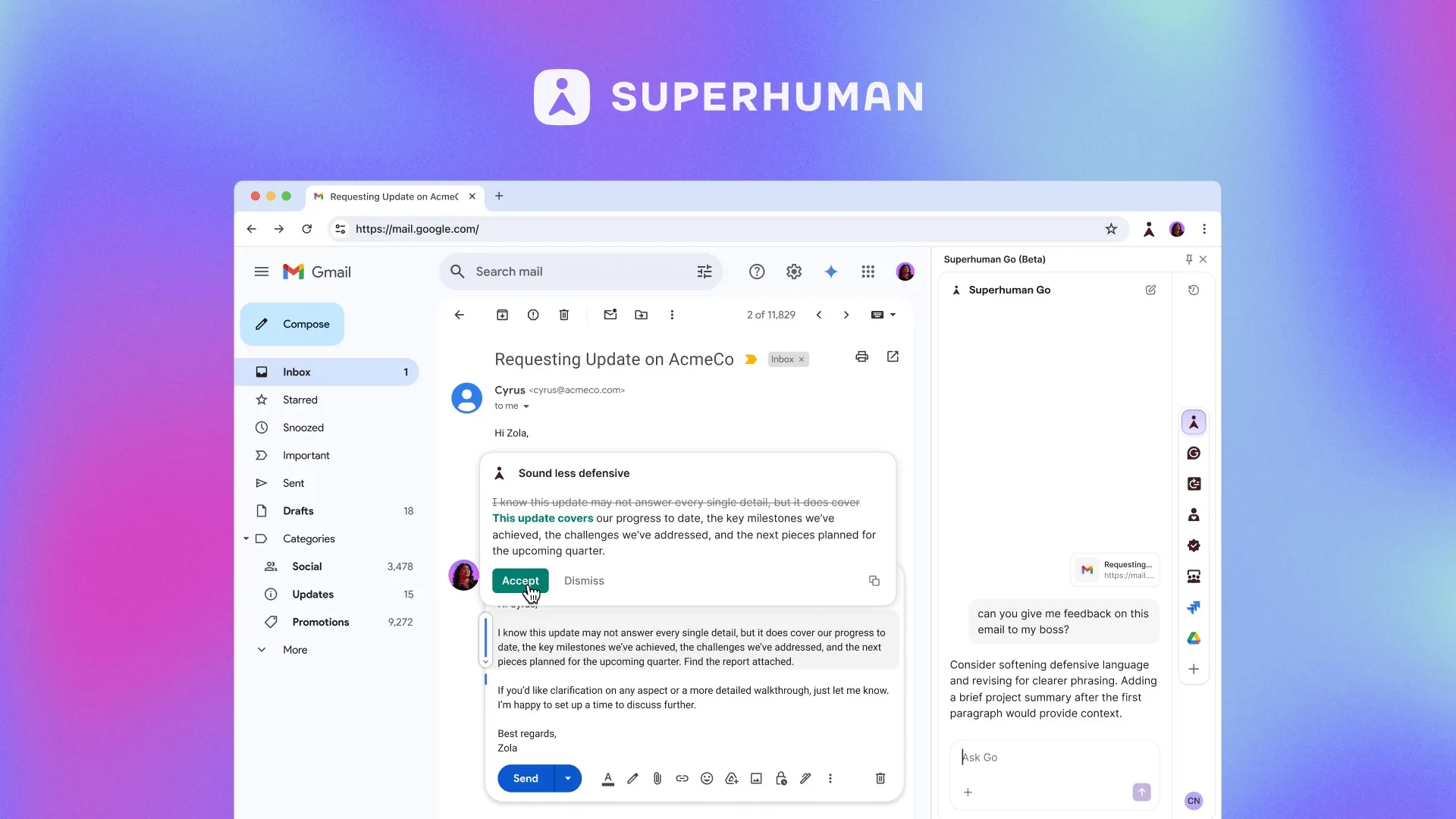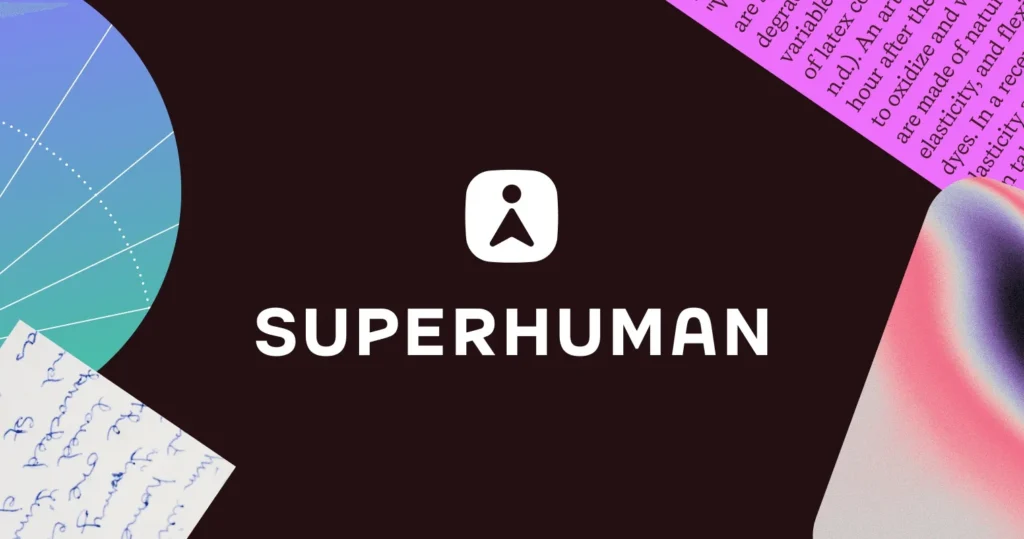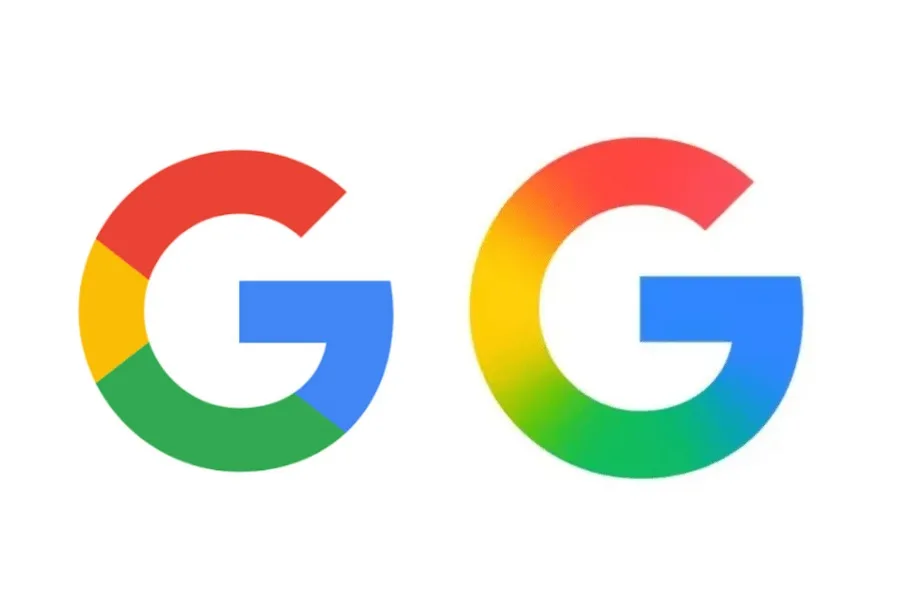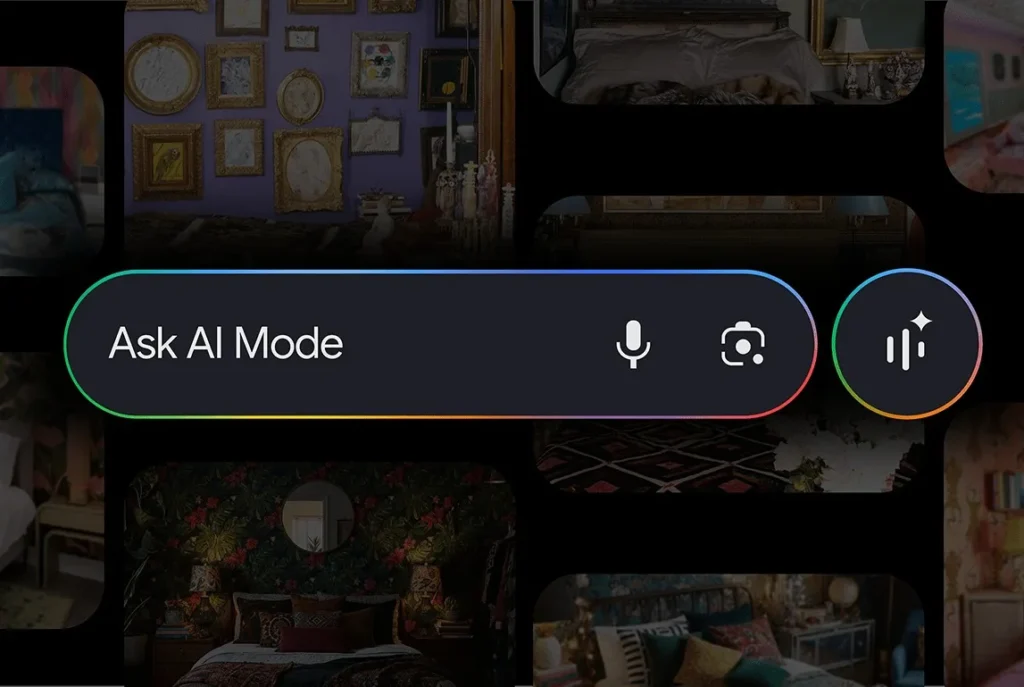Grammarly changes its name to become Superhuman and launches the Go assistant
It’s official: Grammarly changes its name and becomes Superhuman, joining the suite that includes Coda, Superhuman Mail, and a brand new AI assistant named Superhuman Go.
This transformation marks a significant turning point for the well-known writing tool, repositioning it as a comprehensive productivity platform powered by artificial intelligence.
A New Ecosystem Centered Around Superhuman

All services from the brand — Grammarly, Coda, and Superhuman Mail — are now united under the Superhuman banner. The classic Grammarly logo will be replaced by a new common visual identity.
Starting today, the Superhuman suite is available to all Grammarly Pro subscribers at no extra cost until February 1, 2026. The pricing after that date has not yet been disclosed.
Superhuman Go: The Universal Assistant
The centerpiece of this new offering is Superhuman Go, a cross-platform AI assistant capable of interacting with over 100 applications.
It integrates directly into the browser and can, for example:
- suggest a meeting slot based on your Google calendar,
- rephrase an email from a saved pitch in a database,
- or generate contextual responses based on the tools you are using.
The interface retains the spirit of Grammarly, featuring a sidebar of suggestions and AI prompts, but adds an Agent Store that enables users to activate other specialized assistants for Google Workspace, Microsoft Outlook, and Coda.
From Writing to Enhanced Productivity
With this overhaul, Grammarly does not disappear; it becomes one of the AI agents integrated into Superhuman Go. The ambition now exceeds simple language correction: it aims to be an intelligent work assistant, capable of understanding the context of your tasks and aiding you in their execution.
According to Lovinsky, “the capabilities of Superhuman Go go far beyond those of Grammarly Go, which focused primarily on writing. Today, Go can assist me in a much broader and interconnected range of tasks.”




